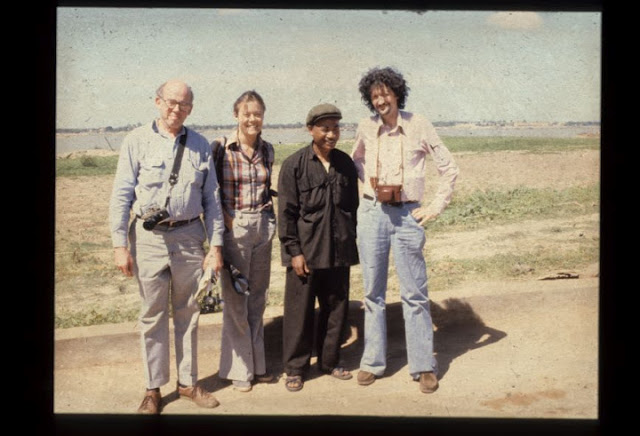Factors That Promote Gambling

Gambling is an activity in which people risk money, property, or anything of value for the chance to win big. It can be a fun pastime or a dangerous addiction. Problem gambling can harm your health, relationships, performance at work or study, and lead to legal problems, serious debt, homelessness, and other consequences.
Biological Factors that Encourage Problem Gambling
The brain’s reward system is linked to your motivation for gambling. Whether you’re playing poker or the lottery, your brain releases dopamine, a chemical that triggers feelings of excitement. This neurological response is strong even when you lose, so it’s important to stop if you start to feel like you’re losing control of your gambling behavior.
Mental Factors That Promote Gambling
Cognitive biases may make people more susceptible to harmful gambling behaviors. These include the Gambler’s Fallacy, a belief that the probability of an event or outcome depends on what has happened in the past. This misconception is often exacerbated by a desire to win, or the need for instant gratification.
Socioeconomic Factors That Influence Gambling
The social and cultural environment of an individual can influence the development of problematic gambling. The environment can include where the gambling takes place and who participates in it, the types of games available, the social norms related to gambling, and the amount of money spent on gambling. Additionally, psychological disorders and conditions, coping styles, social learning and beliefs, and other factors may also increase the risk of developing a harmful gambling behavior.
Family Factors That Influence Gambling
A family history of problem gambling, a family history of substance abuse, and other factors may also play a role in the development of a problem gambling disorder. If you have a close relationship with someone who has a problem gambling disorder, it’s important to discuss your concerns with them and find ways to support them during their recovery.
If you think that you or your loved one might have a gambling disorder, seek treatment. A therapist or doctor can help you identify the underlying cause of your gambling problem and suggest treatments that will help you break the cycle of unhealthy behaviors and thoughts. These treatments may include therapy, medication, and lifestyle changes.
Your Support Network
A strong support network can be a crucial part of your recovery from gambling. Contact your friends, family members, and other people who have suffered from gambling addiction to ask for help and advice. This can help you cope with temptation and avoid relapse.
You can also join a support group for people who have had similar experiences to yours. Many groups, including Alcoholics Anonymous and Gamblers Anonymous, provide resources for those struggling with gambling and offer a 12-step program to help you recover from your addiction.
Addiction is a serious, chronic condition that requires medical attention. Behavioral and cognitive therapies, such as cognitive-behavioral therapy (CBT), can be used to treat the underlying cause of your gambling addiction and teach you new coping skills that will allow you to live a healthy life free of gambling.

